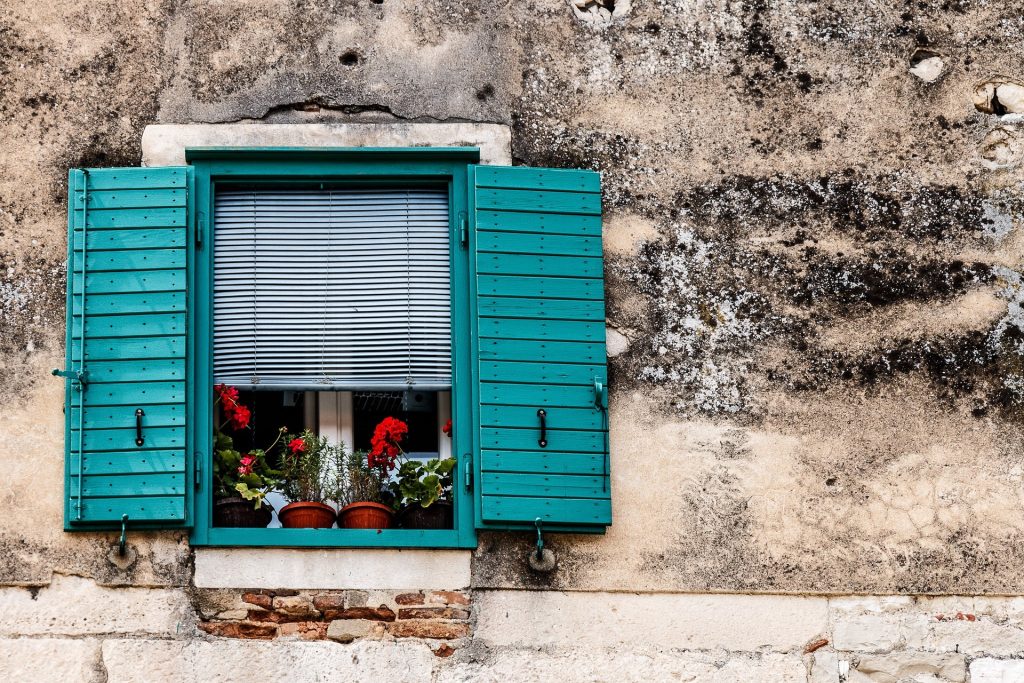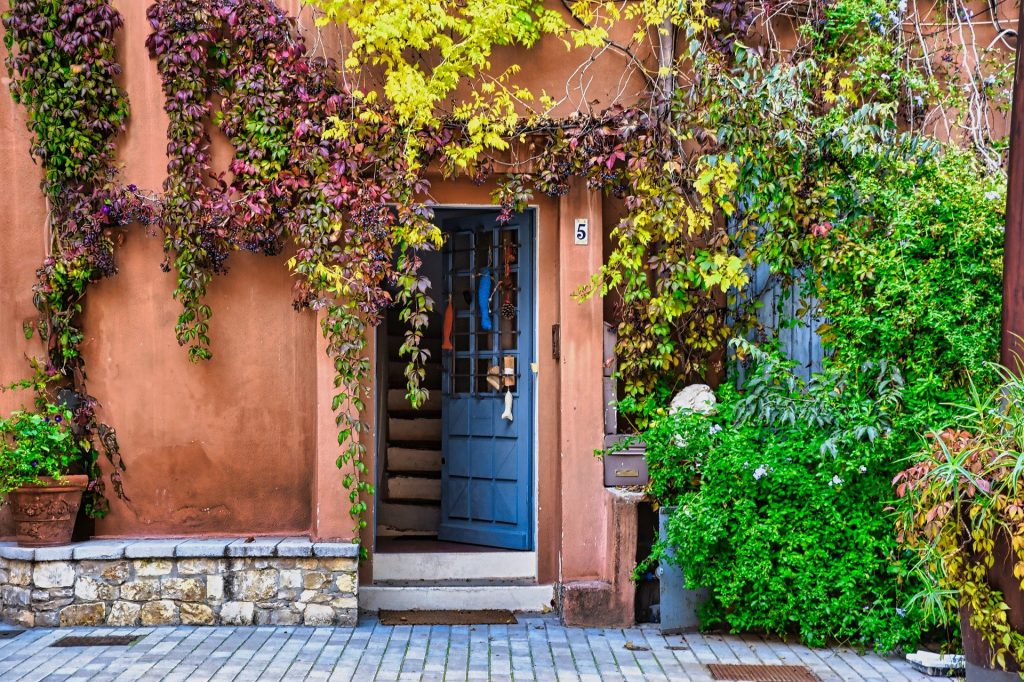November the 1st, 2024 – Yet more changes are on the horizon for Croatian property owners following the green light having been given to property tax. This change focuses on those who rent their properties out.
As Poslovni Dnevnik writes, the Ministry of Tourism and Sport recently released the amendments to the Act on Hospitality Activities for public consultation. These proposed alterations contain three main themes for Croatian property owners involved in renting them out.
Across the Republic of Croatia, there are currently more than 220,000 apartments and rooms in houses for rent and they are located in more than 125,000 buildings. In total, at the end of this season, there were over 665,000 basic beds on offer in such accommodation units.
the introduction of the term “host” for croatian property owners

The most important change coming for Croatian property owners is the introduction of the term “host” into the law. Until now, all owners renting out their properties have been treated exactly the same. This has been regardless of whether they own an apartment in the house they live in, have an apartment they rent out bought in another location, or otherwise. The law failed to even differentiate between foreigners and Croatian renters.
If these new proposals are accepted, that will be separated, which is something associations representing small landlords have been asking for for years now. In the amendments to the law, it has been stated that the term host is being introduced in order to “clearly position real family accommodation as an added value to Croatian tourism” from renters who see it as a mere economic activity with the sole purpose of making a profit, thus contributing to the reduction of the housing stock, as reported by 24sata.
According to the proposed legal definition, a host will be classed as a person who rents his accommodation in the same place where they have registered their residence. In this case, even if that individual constructed a building with apartments on the other side of town, if they have a registered residence there, then they’ll be classed as a host. Such hosts can also offer breakfast in addition to mere accommodation.
a catch worth knowing…

However, even in this case, there’s of course a catch that could be a cold shower for many. That is that a person who rents out an apartment in a building “which is defined by a regulation governing the maintenance and management of buildings” isn’t considered a host. To put it simply, those who have apartments and suites in multi-apartment buildings cannot be classed as hosts under these new rules, even if they lived next door to the apartment and in the same building. This is intended to stop the conversion of housing stock into rental apartments, the proposal claims.
so, what’s the difference between a landlord and a host?

The Ministry states in the new regulations: “Defining the term host will represent the legal basis for the introduction of more favourable tax treatment for this group of renters”. In other words, they should pay lower taxes. Right now, the government is making changes to the law to introduce property tax and increase the flat rate for renters.
80% of a building’s residents must agree…

Another important piece of news concerns all renters who have apartments in multi-apartment buildings. Another law introduced the obligation that whoever wants to rent out apartments in the building must have the consent of 80 percent of the other tenants. Many have rushed to register their apartments for rent in their buildings before this law takes effect. It turns out that was in vain. Amendments to the law on hospitality also stipulate that the owners of all existing apartments that are rented out in buildings must obtain the consent of the other tenants within a period of five years. This is also the case for all those who will be in the process of registration when the law enters into force. If they fail to obtain the consent of their neighbours within five years, their decision to carry out their desired economic activities will be revoked by the law.
deadline extensions from 2024 to 2026

The third bit of news for Croatian property owners is the extension of the deadline for all those who are perform catering activities in facilities currently in the process of legalisation, and there are around 15,000 such facilities. The deadline for temporary solutions to allow them to work has been extended until the end of 2026, and according to the current solution, they were supposed to remain in force until the end of 2024. The state has admitted that it has not yet completed the legalisation process. As a result, in order not to affect the summer tourist season, it is extending the deadline by two more years.











